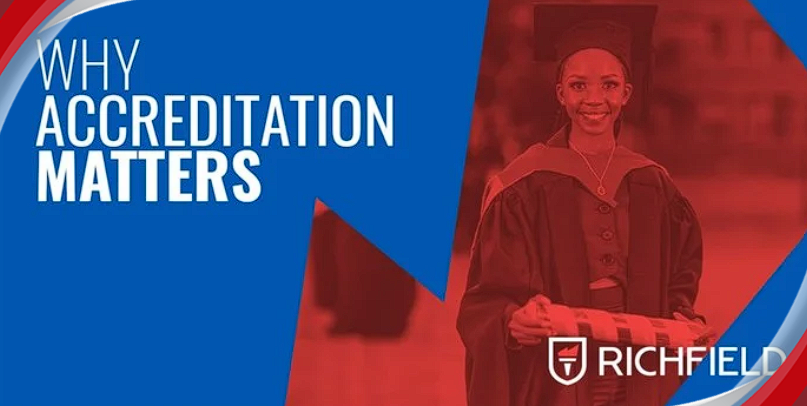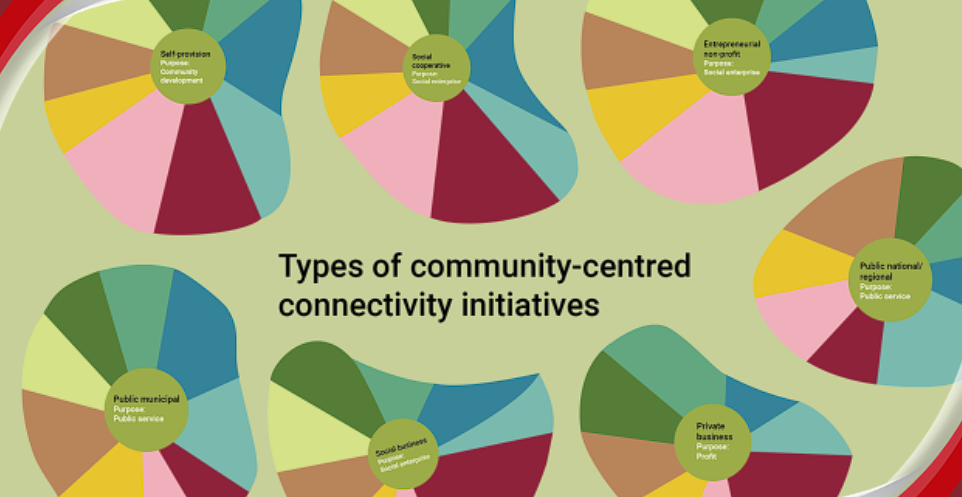Articles
ConCourt rules on privacy vs freedom of expression in digital age
-
3 months ago
The Constitutional Court (ConCourt) of South Africa has made a significant ruling in a case about the right to privacy versus freedom of expression.
This, after Eastern Cape farmer Herman Botha took wildlife conservationist, farmer, researcher and activist Bool Smuts to court after the latter published Botha’s personal information on social media platform Facebook.
Court documents seen by ITWeb show that the applicant, Botha, is an insurance broker who resides and conducts business in Gqeberha. He is also the owner of the farm in Alicedale, in the Eastern Cape.
The second respondent, Landmark Leopard and Predator Project South Africa, is a conservation non-governmental organisation focusing on human-wildlife conflict management, as well as leopard and carnivore conservation. It was founded by Smuts, who is its executive director.
The Campaign for Free Expression, a non-profit company that describes itself as being dedicated to expanding the right to free expression, was admitted as a friend of the court.
It is alleged that on 23 September 2019, a cyclist, who was part of a group that participated in an organised adventure ride that traversed Botha’s farm, encountered a dead baboon and porcupine in cage traps.
Outraged by what he saw, the court documents read, the cyclist photographed the dead animals in the cages and shared them with Smuts on 1 October 2019.
He also sent Smuts a detailed map depicting the location of Botha’s farm, on which he indicated the place the photographs were taken.
According to the documents, on 9 October 2019, Smuts published a post on the Landmark Leopard and Predator Project’s Facebook page with a photograph of a baboon trapped in a cage, a photograph of a porcupine trapped in a cage, and a photograph of Botha and his minor daughter, who was six months old at the time.
He allegedly published a Google search location of Botha’s insurance brokerage address (which turned out also to be Botha’s residential address) and telephone number, as well as a WhatsApp conversation in which Smuts asked Botha whether he had valid permits to trap animals.
Accompanying this information was a written post condemning Botha’s alleged trapping activity, labelling the traps as “unethical”, “barbaric”, and “environmentally damaging”, the documents read.
They add that comments in response to the post were mainly negative and critical of Botha’s conduct. Some comments, however, highlighted the dangers that baboons pose to farming operations and pointed out that Botha’s conduct was legal.
Back and forth
Botha then initiated urgent legal proceedings against the respondents to remove the post. The High Court granted urgent relief in the form of a “rule nisi” with an interim interdict ordering Smuts to delete the post and refrain from posting further with reference to Botha, his family, his addresses and his insurance brokerage.
The court found that Botha’s right to privacy was infringed, as he held an expectation that his personal information on the internet would not be published on a platform such as Facebook, together with a post bound to instigate comments.
Aggrieved by the outcome, the respondents brought a successful
application
in the High Court for leave to appeal to the Supreme Court of Appeal.
The Supreme Court of Appeal reversed the order of the High Court after finding that section 16 of the Constitution gives activists the right to share information with the public if such dissemination is in the public interest by weighing the right to privacy against freedom of expression.
It considered that Botha’s information was already in the public domain in that his ownership of the farm was registered at the Deeds Registry and his insurance brokerage information and address were publicly available.
Botha then applied for leave to appeal against the judgement and order of the Supreme Court of Appeal at the Constitutional Court, which ruled in his favour and set aside the Supreme Court’s judgement on 9 October 2024.
The parties were directed to bear their own costs in the proceedings before the High Court, Supreme Court of Appeal and ConCourt.
Jody Kollapen, acting justice of the ConCourt, says: “This case has highlighted some of the difficult areas the law is required to navigate in the era of online platforms, easy access to information and the growing phenomenon of personal information being placed in the public domain.
“What has emerged from this case is that public disclosure of information does not necessarily mean that a
data
subject loses all expectation of privacy over that information. The compatibility in the purpose for which information was originally posted and thereafter used will remain a relevant factor in determining the bounds of the expectation of privacy.”
Kollapen ordered that the photographs be deleted and the respondents were interdicted from further publishing Botha’s address.
Crux of the matter
Commenting on the case, professor Sizwe Snail Ka Mtuze and Mbali Nzimande, legal experts at Snail Attorneys, say the matter produced four judgements.
They note the judgement that will be the focal point is the one by Justice Kollapen, which is the majority judgement by seven members of the bench, wherein they agreed the leave to appeal by the applicant against the Supreme Court of Appeal Order be granted.
According to the experts, the reason for the appeal being granted is centred around the right to privacy.
“The court highlighted that there is generally an expectation of privacy, as it is an inherent right of each person; however, there are circumstances under which it can be forfeited,” say Snail Ka Mtuze and Nzimande.
“The court stated the applicant did not sufficiently prove that the facts that were published about him constituted private facts. The publication, thereof, did not result in a breach of privacy rights.
“The respondents did not violate the applicant’s rights, as the applicant failed to establish that his expectation of privacy is objectively reasonable. It is important to note that the public disclosure of information does not mean that a data subject loses all expectations of privacy over their information. Nonetheless, the applicant has a fairly good chance at being granted the appeal,” they conclude.
Related Articles Posts
Categories
Popular Post
-
 SA’s IT spend to outpace GDP growth 1 year ago
SA’s IT spend to outpace GDP growth 1 year ago -
 Vodacom, Netstar launch free in-taxi Wi-... 1 year ago
Vodacom, Netstar launch free in-taxi Wi-... 1 year ago -
 South Africa under pressure to fill cybe... 1 year ago
South Africa under pressure to fill cybe... 1 year ago -
 Organisations with a strong employee val... 1 year ago
Organisations with a strong employee val... 1 year ago -
 Joint policy-in-action event highlights... 1 year ago
Joint policy-in-action event highlights... 1 year ago -
 Boost your digital transformation journe... 1 year ago
Boost your digital transformation journe... 1 year ago








